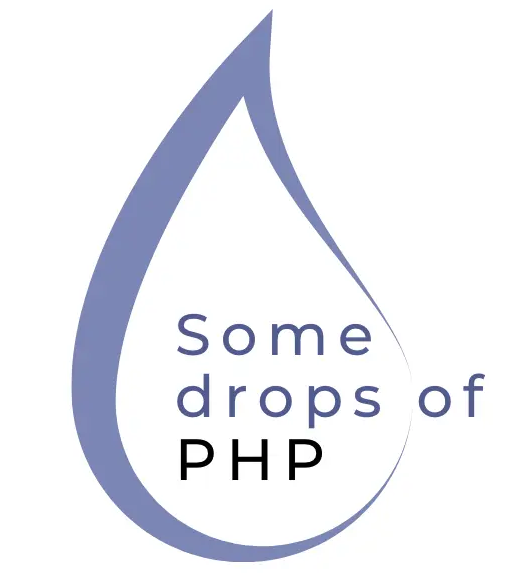Functions
Functions are at the heart of PHP programming and allow developers to encapsulate reusable blocks of code to improve modularity and maintainability. In addition to traditional named functions, PHP offers powerful functions such as anonymous functions and arrow functions, which provide elegant solutions to various programming challenges.
In this chapter we will dive into the world of PHP functions, with a focus on anonymous functions and the new arrow functions. These versatile constructs offer developers flexible alternatives to traditional function statements, enabling concise and expressive code that improves readability and productivity.
Anonymous functions, also known as closures, allow developers to define ad hoc functions without the need for a specific name. Because of their ability to capture variables from the surrounding scope, anonymous functions are valuable for tasks such as callbacks, event handling, and dynamic function generation.
Arrow functions, introduced in PHP 7.4, further simplify the syntax for declaring short, single-expression functions. Inspired by similar constructs in other programming languages, arrow functions provide a more concise and readable alternative to traditional anonymous functions, especially for simple callbacks and transformations.
In this chapter, we will explore the syntax, usage, and practical applications of anonymous functions and arrow functions in PHP.
